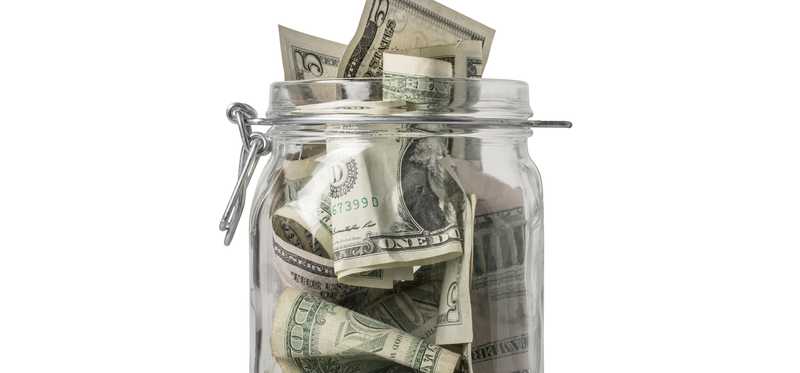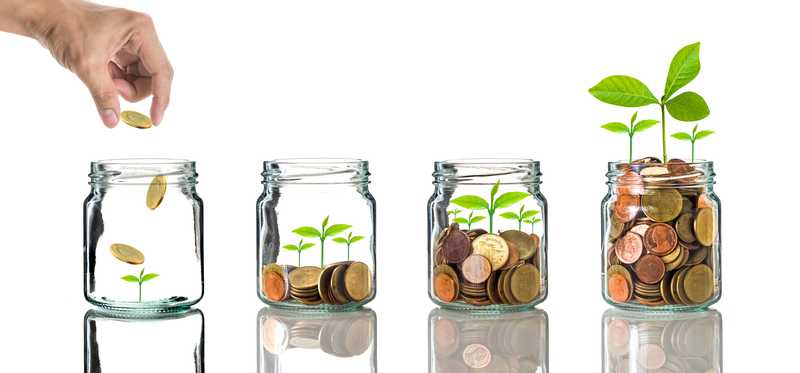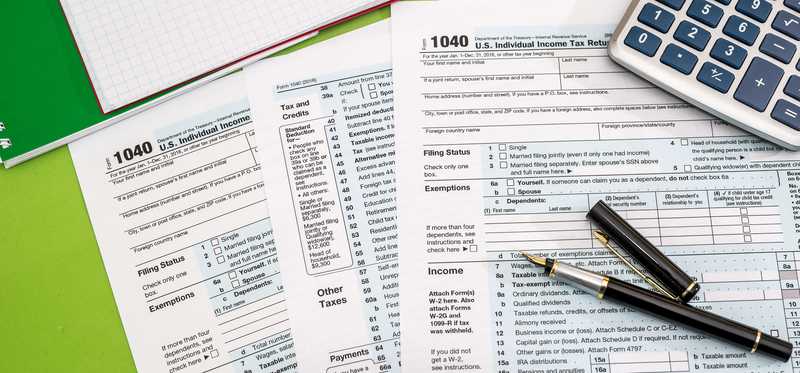6 Financial Lessons Every High School Graduate Should Learn

6 Financial Lessons Every High School Graduate Should Learn
These are things you don't want to learn the hard way
Being a high-schooler generally means living under your parents’ roof and having them deal with most things money-related. But once you head off to college, you’re going to be tasked with managing your own finances (at least to some degree), which means you’ll need to get a handle on the money you have now and the money you hopefully come to earn in the future. With that in mind, here are six important lessons you’ll need to take away by the time high school comes to a close.
Previous
Next

The importance of budgeting
Without a budget, you’ll have no easy way of knowing how much money you can afford to be spending and what you tend to spend it on. So whether you’re dealing with a few hundred dollars a month in spending cash or your first post-college job and apartment, you need a budget to keep your finances in check.
Thankfully, creating a budget is easy. All you need to do is list your existing expenses and compare them to the amount of money you have at your disposal. If the numbers don’t align (meaning, you’re spending more than what you have access to), you know you have a problem, in which case having a budget in place will show you where you have the option to cut corners.
Previous
Next

The need for savings
We all have unplanned bills that can land in our laps at the worst possible times. If you’re a college student, that could mean having your car break down on your way home for the summer. If you’re older, it could mean a host of scenarios, whether it’s racking up medical bills from an injury or having your home’s heating system self-destruct. No one is immune to financial emergencies, which is why you always need savings on hand to protect yourself from unexpected costs.
How much savings is adequate? As a general rule, you should aim to have an emergency fund with enough cash to cover three months of living expenses at a minimum. More, of course, is always better.
Previous
Next

The value of earnings
As a high-schooler, you may have gotten used to your parents giving you money to buy the things you need and want. And while you probably don’t have much trouble spending your parents’ money, you may be surprised to learn that it’s not so easy to spend your own.
Once you get your first job, whether it’s restocking items at the campus bookstore or serving up food at the dining hall, you’ll come to see that the things you want and need take on different levels of importance. Imagine you want a new pair of sneakers that cost $100. If you’re used to your parents handing you the money, you won’t think twice about buying them. But if you’re paying with your own money that you earned yourself, you might decide that those shoes aren’t worth 10 hours of worktime. And that’s a lesson you’re better off learning sooner rather than later.
Previous
Next

The power of compounding
Even if it’s not the case today, eventually, you’ll come to be in a position where you’re able to save money on a regular basis. But rather than stash that cash away in a drawer, under your mattress, or even in the bank, you’re better off investing it so that it grows into a larger sum.
How does that happen? It’s called compounding, which essentially means earning interest on interest. Imagine you’re able to save $1,000 over the course of a year, only you invest it and turn it into $1,100. The following year, you’ll get to reinvest not just your original $1,000, but the extra $100 you earned, thereby kickstarting a cycle where you have the opportunity to earn more and more money over time.
Now let’s talk about compounding in the context of long-term investing. Imagine you’re able to save $300 a month over 40 years for a total of $144,000. If you invest that money during that period and earn an average of 7% on your investments, you’ll wind up with about $719,000. How? Because as you earn those returns on your money, they’re reinvested so that you’re earning money on your gains as well. It’s a beautiful system, and the best way to take advantage of it is to start saving and investing as early in life as possible.
Previous
Next

The dangers of borrowing
Borrowing money is something most Americans do, whether it be in the form of student loans, a mortgage, or a vehicle financing arrangement. But if there’s one form of debt you don’t want to take on, it’s credit card debt. Though the aforementioned forms of debt can open up opportunities to make money (a degree can get you a better job, a home can be sold at a profit, and a car can allow you to commute to work), credit card debt won’t do anything for you other than cost you money. And that’s why it’s best not to have any.
Now remember that compounding concept we just talked about? As you can see, it can work in your favor when you’re the one who’s investing. But in the context of credit cards, it can work against you. That’s because when you carry a credit card balance, you’ll pay interest not just on what you owe, but on the interest you accrue for not paying your bills in full. And that’s an easy way to get trapped in a seemingly endless cycle. Therefore, if you’re going to have a credit card, never charge more than what you can afford to pay off by the time your bill comes due.
Previous
Next

The inevitability of taxes
When you get your first job, you may be surprised to learn that you don’t get to collect your wages in full. Rather, you’ll lose a portion to the IRS.
Welcome to taxes. Whether it’s your earnings from a salary, gains on investments, or interest from keeping your money in the bank, the IRS has a sneaky way of getting its hands on your cash. Therefore, never make plans to spend your money without first accounting for taxes. This means that if you land a 12-hour-a-week job earning $10 an hour, don’t assume you’ll have $120 coming your way.
The good news is that as you get older, you’ll have a number of options at your disposal for lowering your taxes and keeping more of your money. But for now, just prepare for the inevitable, and don’t be shocked when a chunk of your earnings goes directly to Uncle Sam.
The Motley Fool has a disclosure policy.
Previous
Next
Invest Smarter with The Motley Fool
Join Over Half a Million Premium Members Receiving…
- New Stock Picks Each Month
- Detailed Analysis of Companies
- Model Portfolios
- Live Streaming During Market Hours
- And Much More
READ MORE
HOW THE MOTLEY FOOL CAN HELP YOU
-
Premium Investing Guidance
Market beating stocks from our award-winning service
-
The Daily Upside Newsletter
Investment news and high-quality insights delivered straight to your inbox
-
Get Started Investing
You can do it. Successful investing in just a few steps
-
Win at Retirement
Secrets and strategies for the post-work life you want.
-
Find a Broker
Find the right brokerage account for you.
-
Listen to our Podcasts
Hear our experts take on stocks, the market, and how to invest.
Premium Investing Services
Invest better with The Motley Fool. Get stock recommendations, portfolio guidance, and more from The Motley Fool's premium services.